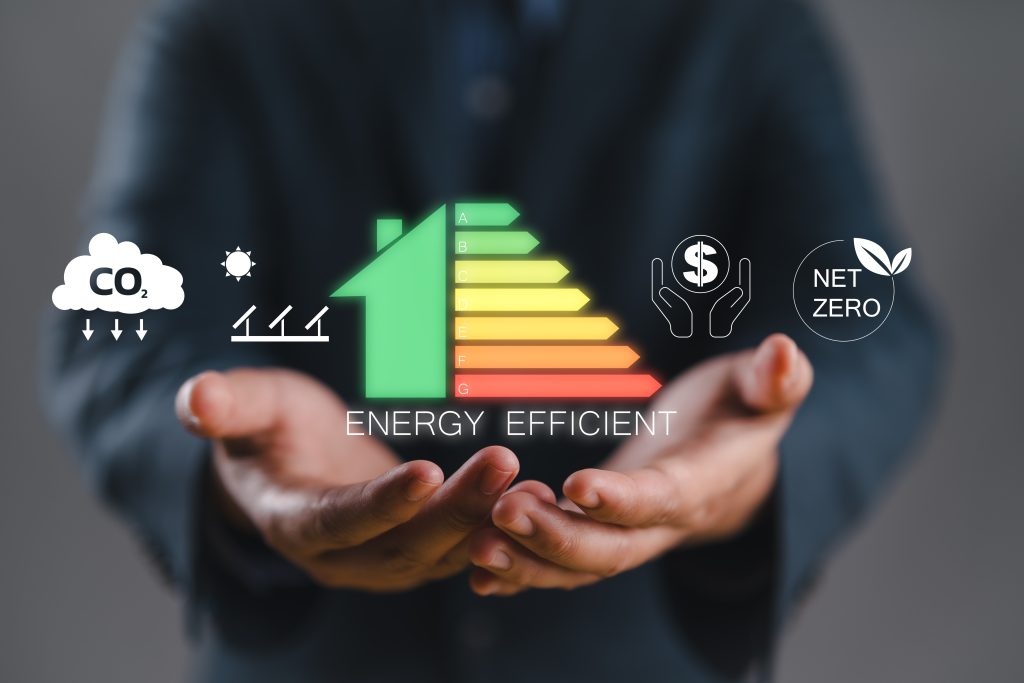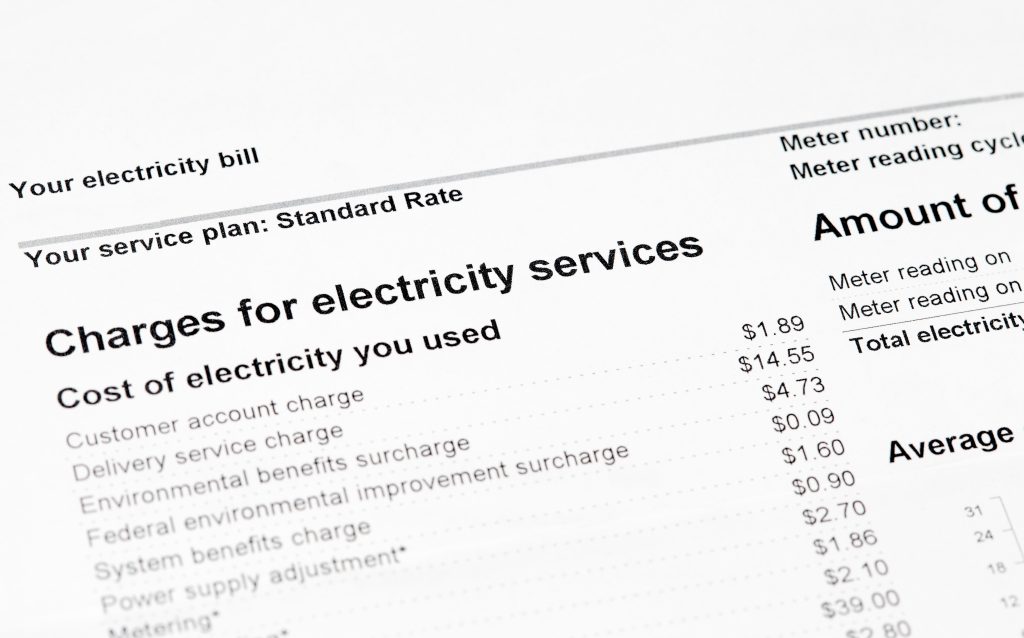Investing in your home isn’t just about aesthetics—smart upgrades can also lead to significant financial savings over time. Whether it’s improving energy efficiency, enhancing durability, or reducing maintenance costs, these upgrades not only add value to your property but also lighten the load on your wallet.
From installing a metal roof to upgrading your HVAC system, here are some of the best home improvements to consider for long-term cost savings and a more comfortable living space.
Invest in a Long-Lasting Metal Roof
One smart home upgrade is to invest in a metal roof, known for its impressive lifespan. This Old House mentions that a metal roof can endure for 40 to 80 years or more, providing an exceptional return on investment. This longevity means fewer replacements and maintenance costs over the years, making it a wise financial decision.
In terms of durability, metal roofs hold up well against weather extremities, ensuring your home stays protected. They can withstand high winds and heavy snow, and resist fires, which can save money on insurance. Additionally, metal roofs can boost your home’s resale value, making it more attractive to potential buyers.
Energy efficiency is another advantage of metal roofs, as they reflect solar heat effectively. This reflection can lower cooling costs during summer, as your home will be naturally cooler. Consequently, investing in a metal roof not only extends the lifespan of your home but also reduces energy expenses.
Upgrade to Energy-Efficient Windows
Another worthwhile home upgrade is replacing old windows with energy-efficient ones. As highlighted by This Old House, approximately 25% to 30% of a home’s heating and cooling energy is lost through its windows. By switching to energy-efficient models, you can significantly cut down on this energy loss, saving money on utility bills.
Energy-efficient windows are designed to better insulate your home, keeping it warmer in winter and cooler in summer. This improved insulation reduces the need for constant heating and cooling, easing the burden on your HVAC system. Additionally, these windows can help reduce noise pollution, creating a more peaceful living environment.
Modern energy-efficient windows often come with additional features such as UV protection. These features can protect your home interior from fading due to sun exposure, preserving your furniture and flooring. Ultimately, investing in these windows is an eco-friendly choice that improves comfort and saves money.
Enhance Insulation for Better Energy Conservation
Improving your home’s insulation is another upgrade that can lead to significant savings in the long run. Proper insulation minimizes heat transfer, ensuring your home maintains a consistent temperature. This means your heating and cooling systems won’t work as hard, leading to lower energy bills.
There are various insulation materials available, each suited for different needs and budgets. Whether it’s spray foam, fiberglass, or cellulose, enhancing insulation provides long-term cost benefits. Additionally, a well-insulated home is more comfortable, with fewer drafts and cold spots.
Insulation improvements can also have indirect financial benefits by increasing your home’s value. Energy-efficient homes are often more attractive to buyers due to their potential cost savings. Overall, upgrading insulation is an investment that pays off in enhanced comfort and reduced expenses.
Install a Smart Thermostat for Efficient Climate Control
Installing a smart thermostat can greatly enhance your home’s energy efficiency and cut your utility costs. These devices learn your schedule and adjust the temperature automatically, optimizing energy use. This ensures that you’re not unnecessarily heating or cooling an empty home, saving money in the long term.
Smart thermostats provide remote access, allowing you to control your home’s climate from anywhere via a mobile app. This convenience means you can adjust temperatures before returning home or even while away, further enhancing energy savings. Many models also provide energy usage reports, helping you understand your consumption patterns.
Additionally, smart thermostats can integrate with other smart home devices, creating a more cohesive and automated environment. This integration can lead to further energy savings and convenience in managing your home’s temperature. In conclusion, upgrading to a smart thermostat is a small change that can lead to substantial savings.
Maintain and Upgrade Your HVAC System
Keeping your HVAC system well-maintained and considering timely upgrades can lead to significant savings. Most HVAC systems, when properly maintained, can last up to 20 years, as reported by This Old House. Regular maintenance extends the system’s life and ensures efficient operation, reducing repair and energy costs.
Routine maintenance includes changing filters, cleaning ducts, and checking for leaks, ensuring optimal performance. An efficient system uses less energy to heat and cool your home, directly translating to lower utility bills. Additionally, a well-functioning HVAC system provides better air quality, promoting a healthier home environment.
If your HVAC system is outdated, upgrading to a more energy-efficient model can provide even greater savings. Newer systems are designed to operate more efficiently, offering better climate control and reduced energy consumption. Ultimately, investing in your HVAC system is an essential home upgrade for long-term savings and comfort.
Making smart home upgrades is an investment that pays off in multiple ways. Whether you choose a durable metal roof, energy-efficient windows, improved insulation, a smart thermostat, or an upgraded HVAC system, each improvement contributes to long-term savings, increased comfort, and enhanced home value.


